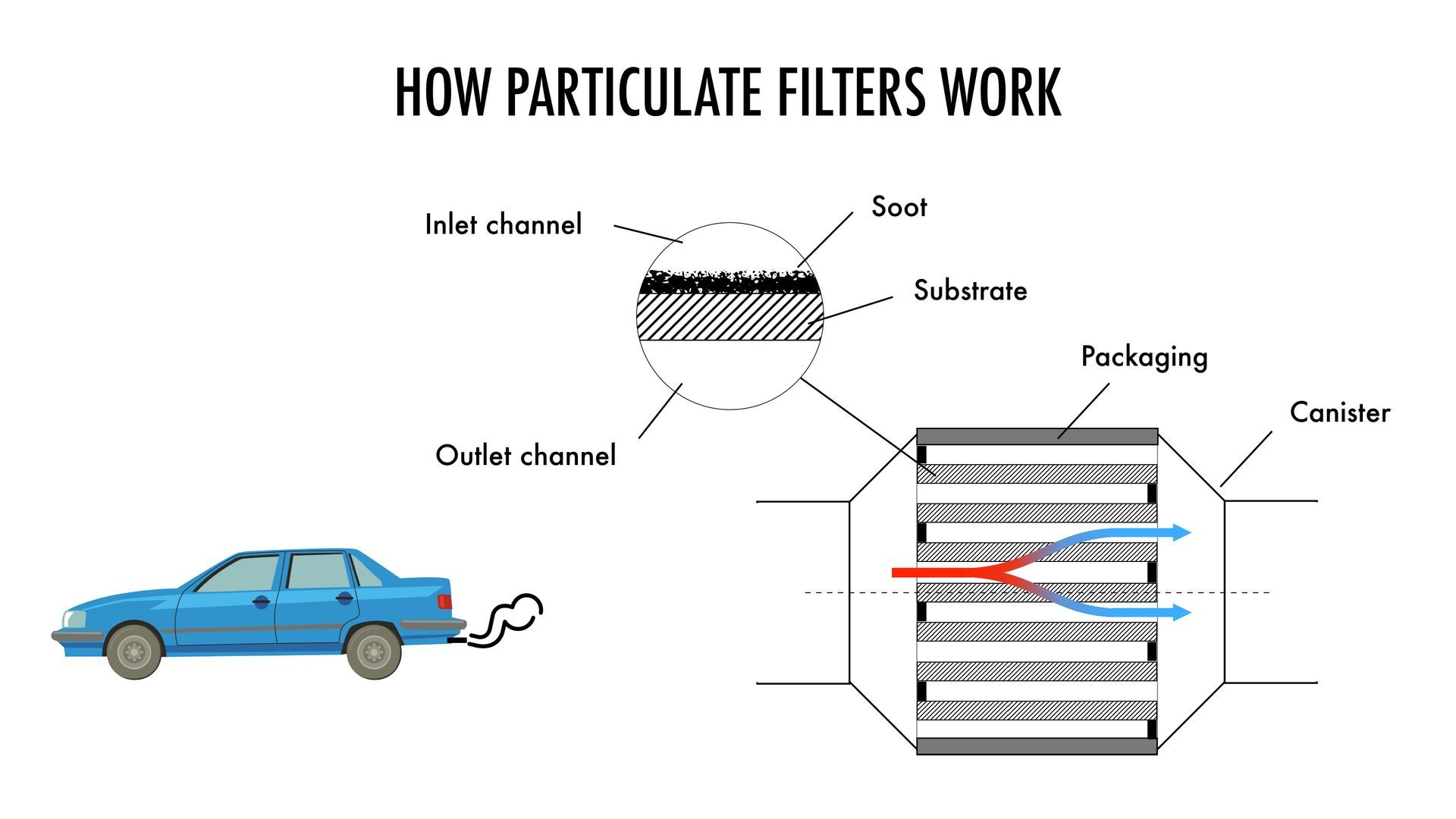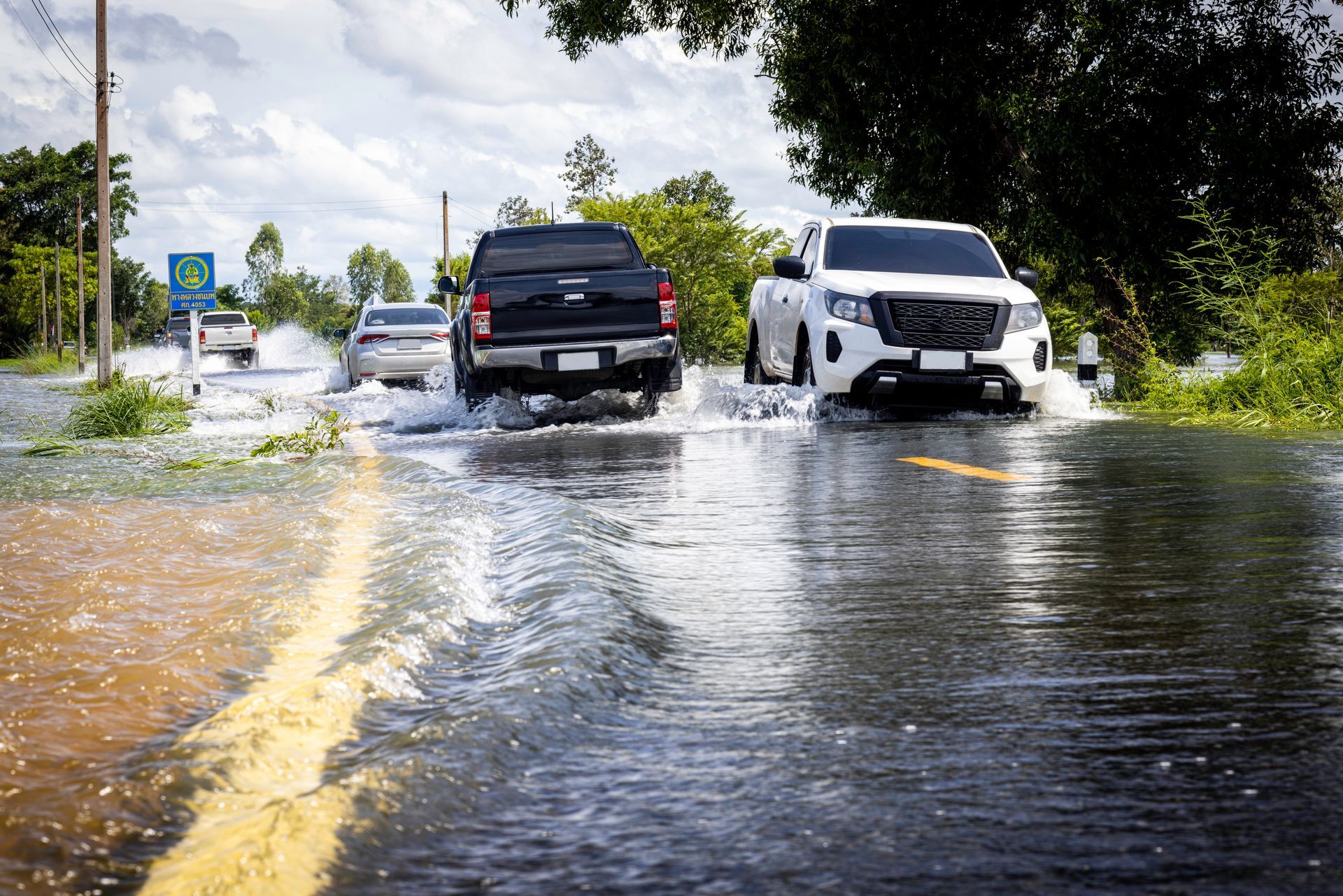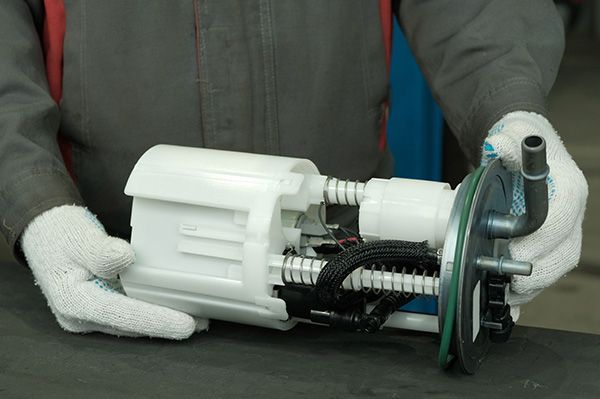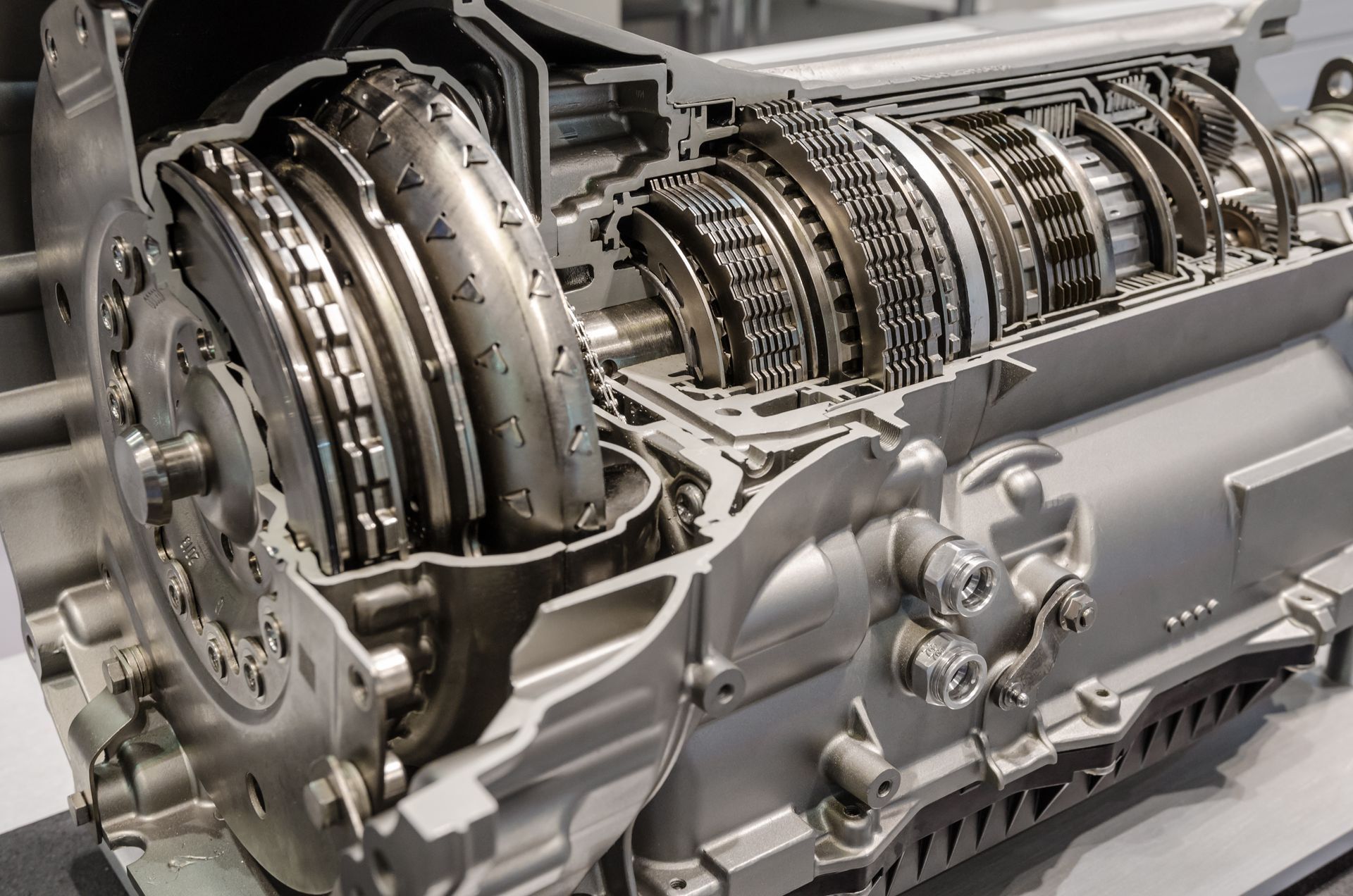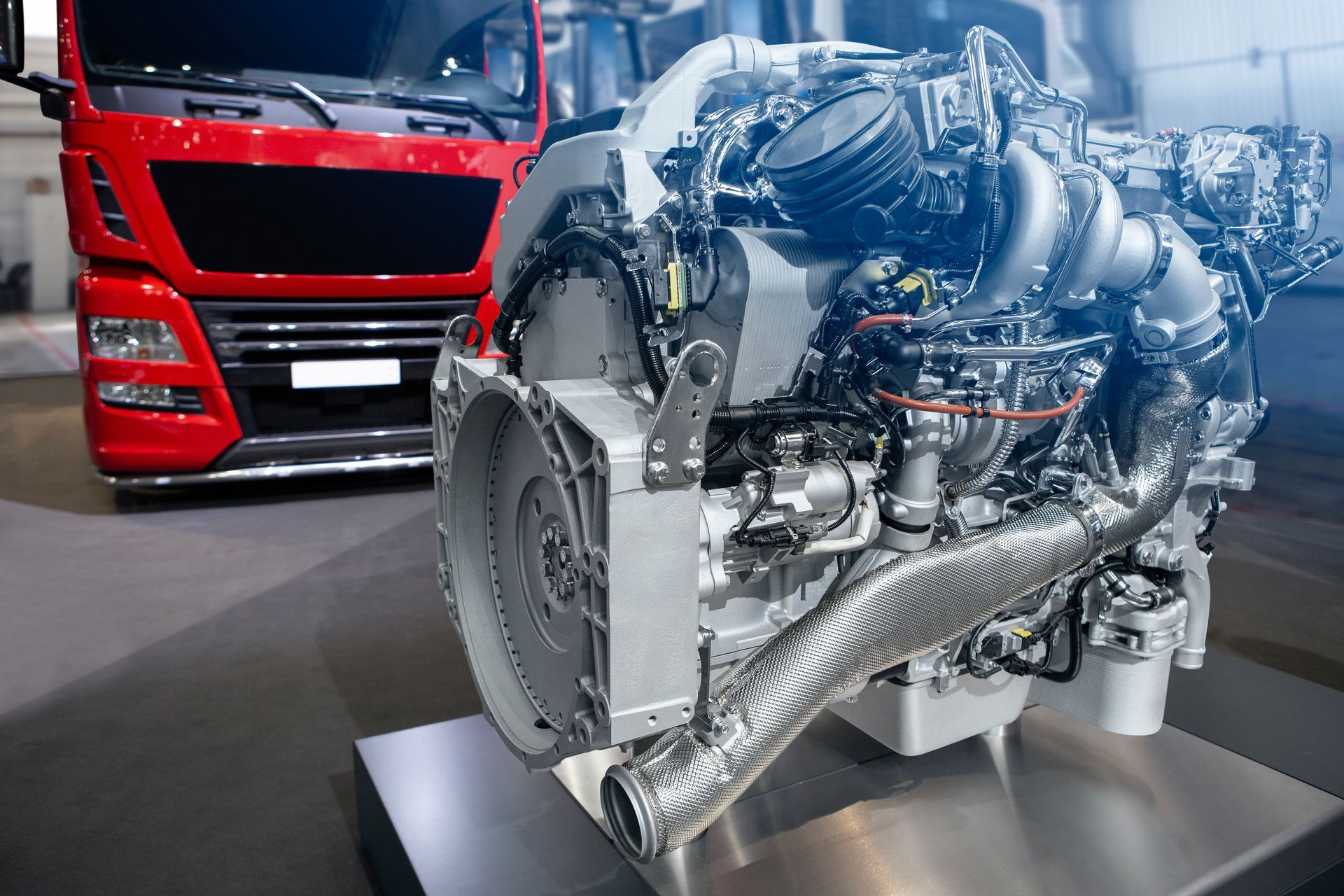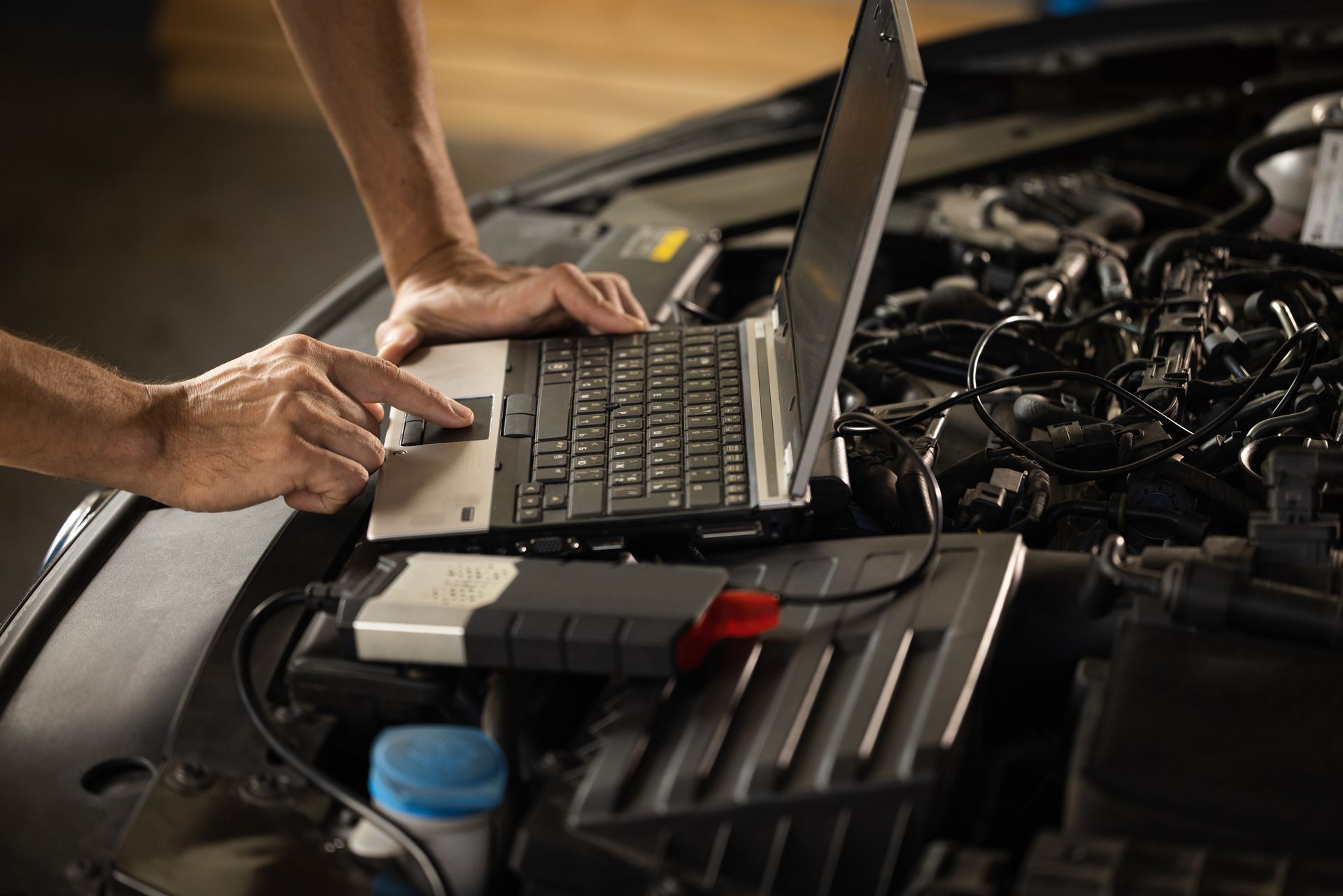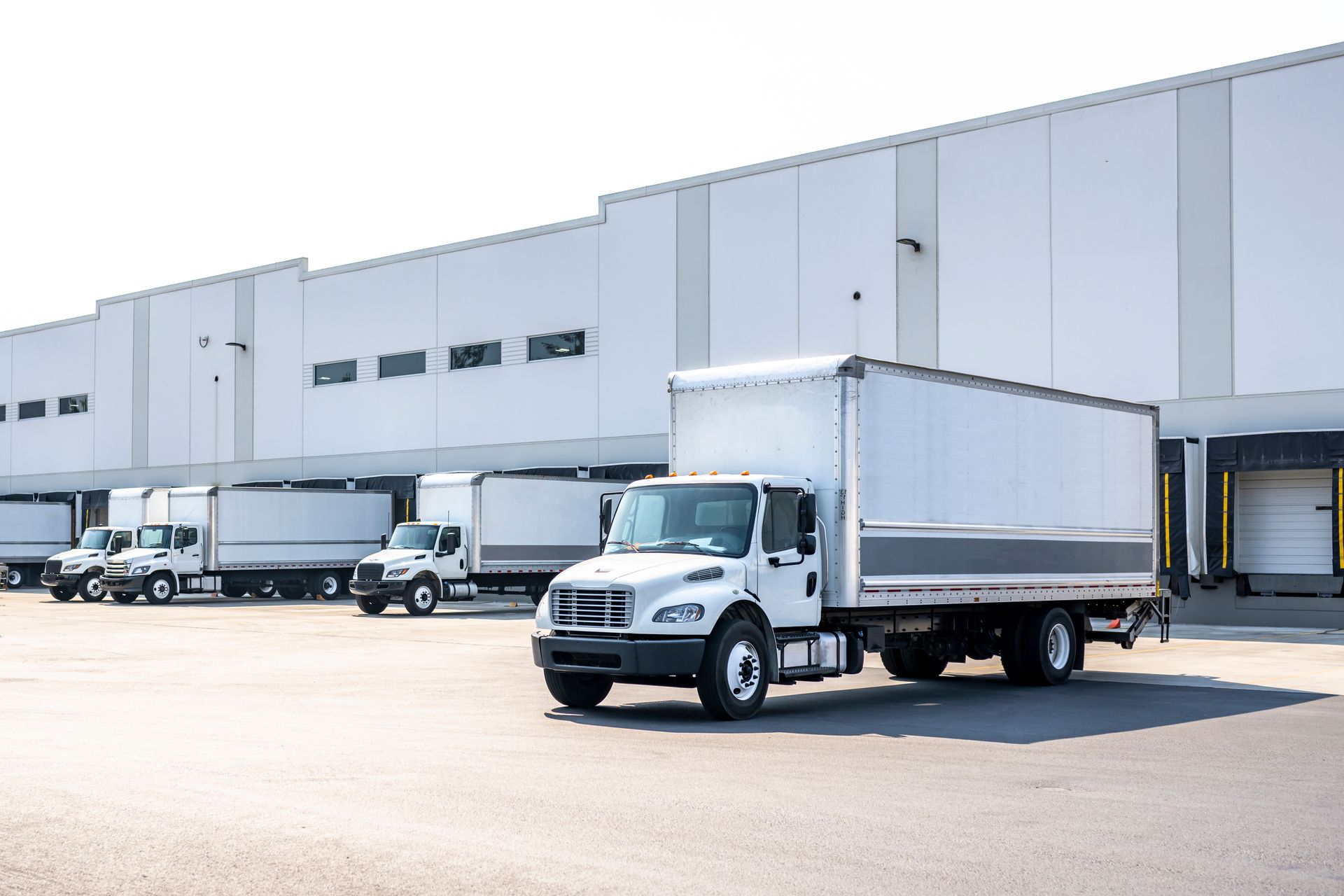Your engine generates enormous amounts of heat every time it runs. Without a working cooling system, that heat would build up quickly and cause major damage. The water pump plays a central role in keeping your engine cool by circulating coolant through the engine block, radiator, and hoses. When it starts to fail, overheating can follow, and the consequences can be severe.
We’ve seen what happens when a water pump is ignored. Cracked cylinder heads, warped gaskets, and total engine failure are just a few of the expensive outcomes that can start with one overlooked component. Here’s how to spot the signs of a failing water pump before it leaves you stranded or causes long-term damage.
Leaking Coolant Near the Front of the Engine
One of the most common early signs of a bad water pump is a coolant leak. The pump is sealed to the engine block with a gasket, and that gasket can wear down or fail over time. In many vehicles, the pump also has a weep hole—a small opening designed to release coolant if the internal seal goes bad.
If you see coolant pooling under the front of your engine or notice crusty buildup around the water pump housing, it’s time to investigate. Leaks often start slow but can worsen quickly. Even a small coolant loss will eventually reduce pressure in the cooling system and lead to overheating if not addressed.
Whining or Grinding Noises While the Engine Is Running
A failing water pump may begin to make noise as the internal bearings wear out. You might hear a high-pitched whine or grinding sound coming from the front of the engine, especially while the car is idling or when you rev the engine slightly. These noises are caused by loosened bearings or an unbalanced impeller inside the pump.
In some cases, a failing pulley or serpentine belt can create similar sounds, so a professional diagnosis is always best. But if the sound is coming from the water pump and the bearings are failing, it’s only a matter of time before the pump seizes or the belt slips off completely.
Engine Temperature Is Rising Faster Than Normal
If your engine is heating up more quickly than usual or the temperature gauge shows higher readings during normal driving, the coolant might not be circulating properly. A failing water pump can’t move coolant through the engine fast enough to keep up with the heat it generates.
Drivers who face stop-and-go traffic, summer heat, or long drives at highway speeds are especially vulnerable to rapid temperature increases when the cooling system isn’t working right. If your temperature gauge climbs toward the red or you get a dashboard warning, it’s time to shut off the engine and check the coolant level immediately.
Steam or Overheating While Driving
Steam coming from under the hood is one of the most obvious signs of a cooling system problem. If the water pump fails entirely, coolant will stop circulating, and the engine will begin to overheat within minutes. Continuing to drive in this state is a quick path to severe engine damage.
You may also notice that the heater inside the cabin stops blowing hot air. This happens because the coolant isn’t flowing properly through the heater core. If you experience this along with rising engine temps, the water pump is one of the first things to check.
Visible Corrosion or Rust on the Water Pump
Coolant is designed to protect your engine from corrosion, but when it breaks down over time or becomes contaminated, it can actually damage the components it's meant to protect. If you notice rust, discoloration, or pitting on the water pump or surrounding metal parts, the system could be compromised.
Corrosion on or near the pump suggests it may be leaking or that coolant quality is poor. Either way, it’s a sign that the pump isn’t working the way it should. Replacing it before it fails completely helps you avoid major repairs and keeps your cooling system functioning the way it was designed.
Riley’s Auto & Diesel Repairs – Cooling System Specialists in Lacombe, LA
We take overheating seriously at
Riley’s Auto & Diesel Repairs in Lacombe. If your vehicle is showing signs of a bad water pump, don’t wait for the engine to reach its limit. Let our experienced team inspect your cooling system, check the pump, and replace any failing components before they lead to expensive engine repairs. Trust us to keep your engine running cool and reliable, no matter what the Louisiana roads throw your way.



